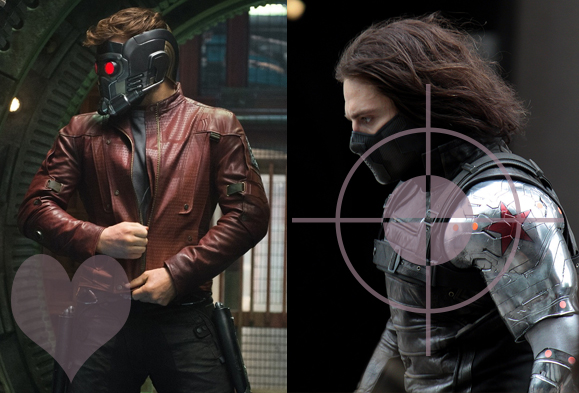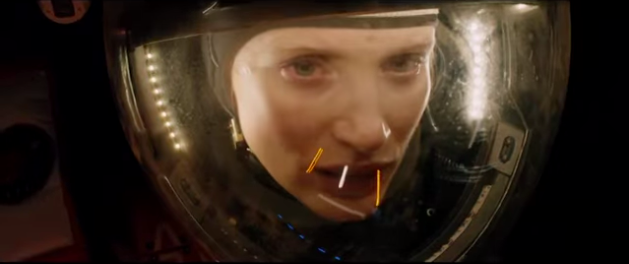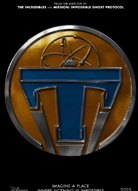Women's Pictures - Kathryn Bigelow's Strange Days
 Thursday, July 16, 2015 at 5:02PM
Thursday, July 16, 2015 at 5:02PM 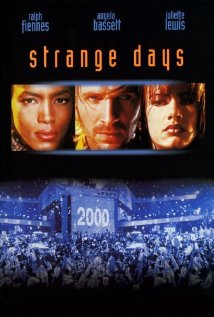 On April 29th, 1992, the Rodney King verdict set Los Angeles on fire. Over 6 days, crowds rioted in South Central LA, protesting the acquittal of four LAPD officers who had been videotaped beating a black man. This was not LA's first race riot, but it came at a fraught time for the city, when the skyscrapers that were supposed to signal the start of a new era of prosperity loomed over widening economic and social gaps. By May 4th, it was clear that though the riots had "officially" ended, they had left a scar on the psyche of the city. Over the next few years, that scar would surface in one of Los Angeles's most prominent exports: film. After the Rodney King riots ended, a series of scifi blockbusters - including Kathryn Bigelow's Strange Days - took to the streets of LA to predict the worst for the city's future.
On April 29th, 1992, the Rodney King verdict set Los Angeles on fire. Over 6 days, crowds rioted in South Central LA, protesting the acquittal of four LAPD officers who had been videotaped beating a black man. This was not LA's first race riot, but it came at a fraught time for the city, when the skyscrapers that were supposed to signal the start of a new era of prosperity loomed over widening economic and social gaps. By May 4th, it was clear that though the riots had "officially" ended, they had left a scar on the psyche of the city. Over the next few years, that scar would surface in one of Los Angeles's most prominent exports: film. After the Rodney King riots ended, a series of scifi blockbusters - including Kathryn Bigelow's Strange Days - took to the streets of LA to predict the worst for the city's future.
Strange Days (another collaboration between Kathryn Bigelow and ex-husband James Cameron) is part of a group of dystopian action thrillers that cropped up in the wake of the Rodney King Riots. Escape from LA, Demolition Man, and Strange Days used their futuristic settings to do what science fiction does best: they created an allegory for contemporary fears about violence, inequity, and police brutality.
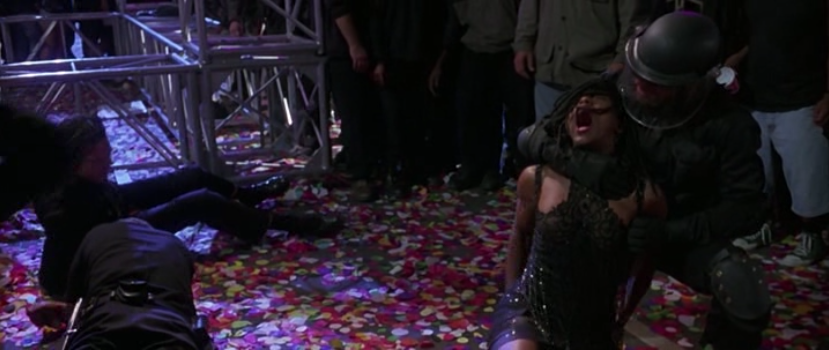
Los Angeles is a good setting for a dystopia. Unlike New York City, America's Melting Pot, where people from different socioeconomic backgrounds intermingle on the street, Los Angeles is more a series of villages connected by highways. In LA, communities whose names are synonymous with wealth and prestige set their gates a handful of miles from infamously poor neighborhoods. But the two worlds never meet.
According to the movies, only three groups travel between these separate-but-unequal islands: cops, criminals, and entertainers. Lenny Nero, the protagonist of Strange Days, is all three: an ex-cop turned con-man who sells recorded memories and emotions via a "SQUID" machine - data discs that play directly in your cerebral cortex. When an anonymous donor leaves Nero a clip of his friend's rape and murder on New Year's Eve 1999, Nero and his friend Mace (Angela Bassett) get pulled into a plot that involves murdered rappers, police coverups, music producers, and Nero's lost love (Juliette Lewis). But bubbling under this detective story is a growing sense of unrest between police and the populace.
James Cameron's screenplay sets up a lot of ideas - drug allegory, the nature of memory, police militarization, the right to riot, institutional racism - and it is Kathryn Bigelow's very heavy duty to sort through these themes while also keeping the film on track. Miraculously, she is mostly successful. Though the structure of the script sometimes lags under the weight of its own ideas, Bigelow keeps the film moving at a clipped pace. Her fascination with point of view also becomes literal in Strange Days. the SQUID machines record from first person POV, which Bigelow uses to occasionally comic, often thrilling, and (in one incredibly intense murder scene) chilling effect. By virtue of its technical difficulties, First Person POV can look gimmicky on film, but Bigelow overcomes the difficulties to instead stage a series of fantastic action pieces.
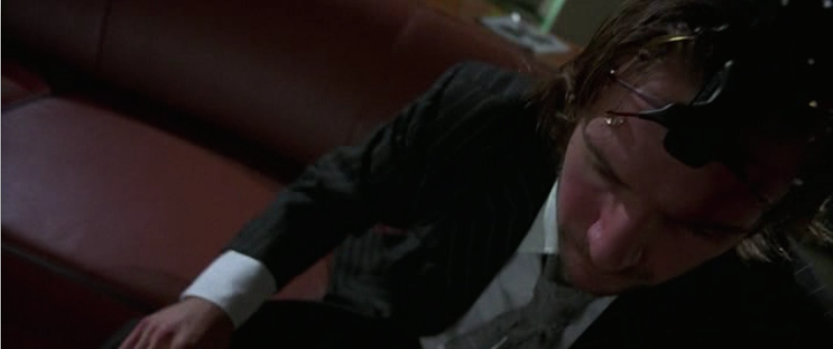
The only failure of the film is not in its setup or its action, but in its conclusion. The complex problems of racism and violence which had occasionally bubbled to the surface - mostly in a B plot surrounding Angela Bassett's character - are neatly solved at the end of the film, though this denoument does give one intense image: a SWAT team beating an unarmed woman. It's probably too much to ask for moral complexity from an action thriller. Though insipred by riots that had proved there were still no easy answers in reality, Strange Days is still a product of its genre; commodified violence for the sake of box office.

This month on Women's Pictures...

7/23 - K-19: The Widowmaker (2002) - Hands down the most requested film after Point Break, this film follows Harrison Ford racing to prevent a nuclear holocaust via submarine. (Amazon Prime) (Netflix)
7/30 - The Hurt Locker (2008) - The film that put Bigelow's name down in history as the first female director to win the Academy Award is a thriller about a bomb squad in the Iraq War. (Amazon Prime)





